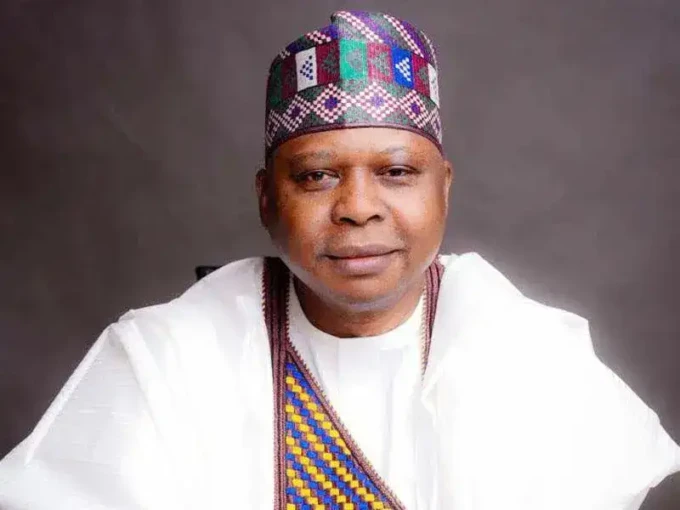Atiku Abubakar, the presidential candidate of Nigeria’s Peoples Democratic Party (PDP), has unveiled a comprehensive economic blueprint aimed at steering the nation toward sustainable growth and development. His plan emphasizes fiscal restructuring, private sector empowerment, infrastructure development, and agricultural revitalization.
Central to Abubakar’s strategy is a thorough fiscal restructuring designed to enhance liquidity and optimize the management of Nigeria’s financial resources. He proposes an immediate review of government expenditures to eliminate inefficiencies, particularly those associated with subsidy payments. Additionally, Abubakar intends to cease fiscal support for underperforming state-owned enterprises and gradually reduce recurrent government expenditures to improve spending efficiency. A key component of his plan is the establishment of a private sector-led Infrastructure Development Fund, aiming to finance and deliver critical infrastructure projects without relying on debt financing. (blueprint.ng)
Abubakar’s blueprint also focuses on empowering the private sector to drive economic growth. He advocates for liberalizing and deregulating various sectors to foster a more competitive and resilient economy. This approach includes providing efficient infrastructure to reduce production costs and offering protection to priority enterprises. His administration plans to implement policies that optimize the growth potential of key sectors, including agriculture, manufacturing, and micro, small, and medium-sized enterprises (MSMEs). (businessday.ng)
Infrastructure development is another cornerstone of Abubakar’s economic agenda. He envisions a National Infrastructure Plan that encompasses strategic roads, bridges, railways, water systems, power supply, seaports, and airports across the country. The plan proposes a combination of government funding, borrowing, public-private partnerships, and private sector financing to initiate a medium and long-term financial model for infrastructure development. Abubakar’s administration aims to increase electricity distribution to 15,000 megawatts nationwide, ensuring a sustainable 24/7 power supply. (nigeriannewsdirect.com)
Agricultural revitalization is also a significant focus of Abubakar’s economic plan. He aims to create a commercially driven, technology-proficient, and competitive agricultural sector that ensures food and income security for Nigeria’s growing population. The blueprint targets boosting the country’s food security index from 40.1% to 70% and reducing the share of food imports from 20% to between 5% and 10%. To achieve these goals, Abubakar plans to improve access to financial services for farmers, modernize and mechanize small-scale agriculture, and prioritize irrigation to promote year-round food production. (premiumtimesng.com)
In summary, Atiku Abubakar’s economic blueprint outlines a multifaceted approach to Nigeria’s growth, emphasizing fiscal discipline, private sector empowerment, infrastructure development, and agricultural modernization. Through these strategies, he aims to build a resilient and prosperous economy that benefits all Nigerians.












Leave a comment